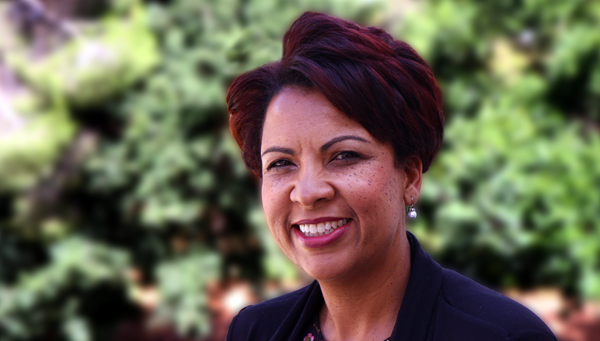 |
| Jacqui Middleton |
When Jacqui Middleton entered university in 2011, she did so alongside her daughter, both women enrolling for their first-year studies at the University of the Free State. Three years later and the mother of three have completed two degrees – a double feat achieved with distinction.
Middleton, a former teacher, will receive a BA degree in Corporate and Marketing Communications at the April 2014 graduation ceremony and a master’s degree in Sustainable Agriculture at the June graduation ceremony. With these two qualifications in the bag, Middleton will pursue her studies with a BCom Honours degree next year, as well as a PhD degree in Sustainable Agriculture.
“It was my first full-time studies since 1988,” says Middleton. “I was a teacher for 22 years and my husband kept saying that I needed to get out of the classroom and into the corporate world. I was reluctant because I was so passionate about education and my children were still at school.”
Things changed when Prof Jonathan Jansen, Vice-Chancellor and Rector of the UFS, visited the Ikanyegeng Primary and High School in Jacobsdal – where she was a teacher – to deliver a motivational talk. Middleton approached Prof Jansen about a bursary. The next year, with the support of her family, she moved to Bloemfontein and stayed on campus studying for two degrees.
“For me it was a major step of faith because we were relying on my salary and I had to give that up to study, so we had to believe there is something bigger beyond the three-year period.”
Something bigger definitely awaited. Her study record of the last three years reflects a dedicated student who passed most of her subjects with marks higher than 80%.
With her new qualification, Middleton will follow a career in agriculture and farming with her husband. ”I am still passionate about education, but now I am passionate about educating farmers to assist with the land reform process. Land reform is crucial for food security in our country and at the moment we need more success stories of black farmers moving from emerging to commercial farming. I believe that whatever you studied in life should not be wasted.”